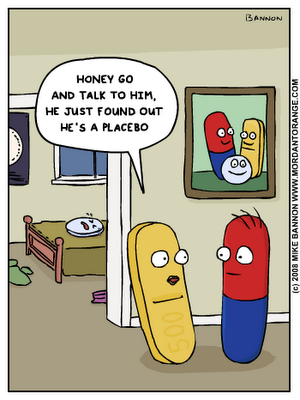
The Equality and Human Rights Commission has found that human rights are being overlooked with care of older people in their homes. The commission has uncovered worrying cases of neglect and lack of respect for the privacy and dignity of older people. Some have to choose between having a cooked meal or a wash when they are visited for homecare. Sometimes, visits are so brief, that people have to choose between having a cooked meal or a wash. The biggest threat is the cuts in social care budgets and it might not be possible for local authorities to meet their human rights obligations.
Older people cared for at home 'lacking basic rights'
http://www.bbc.co.uk/news/ health-13813460
The most horrifying picture of getting old; not properly being taken care of when you are totally independent and do not have any other way to stay clean, healthy and fed. When you take care of older people, your only goal should be to show them respect and let the last days of their lives be comfortable ones. It is sad that some of us, when given this responsibility, seem not to be able to cope with it. Perhaps we should pay more for the care of our elderly to be sure that they receive the care they deserve.




